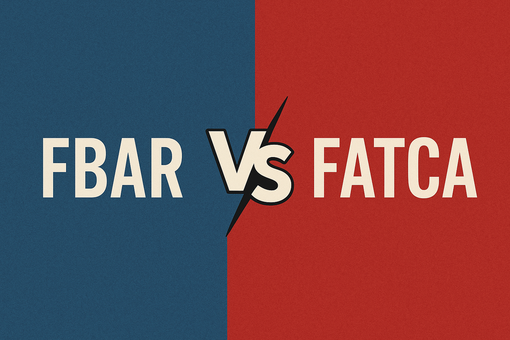Tax Relief Announcement: IRS Extends Deadline for South Carolina Taxpayers Affected by Idalia
If you're a South Carolina taxpayer impacted by Idalia, the Internal Revenue Service (IRS) has just announced essential tax relief measures. Individuals and businesses in the affected areas now have until February 15, 2024, to complete their federal individual and business tax filings and tax payments.
This tax relief parallels the support already offered to most of Florida.
This relief applies to areas designated by the Federal Emergency Management Agency (FEMA), and all 46 South Carolina counties qualify. If you live or have a business in these counties, you are eligible for this tax relief. You can always check the updated list of eligible areas on our disaster relief page at IRS.gov.
What Does This Relief Include?
The tax relief postpones various tax filing and payment deadlines that fell between August 29, 2023, and February 15, 2024. As a result, affected individuals and businesses have until February 15, 2024, to file their returns and make payments originally due within this period.
Key Deadlines Now Apply to:
- Individuals with valid extensions for their 2022 returns, previously due on October 16, 2023 (Note: Payments for these returns due on April 18, 2023, are not eligible for this relief).
- Quarterly estimated income tax payments typically due on September 15, 2023, and January 16, 2024.
- Quarterly payroll and excise tax returns usually due on October 31, 2023, and January 31, 2024.
- Calendar-year partnerships and S corporations with 2022 extensions ending on September 15, 2023.
- Calendar-year corporations with 2022 extensions ending on October 16, 2023.
- Calendar-year tax-exempt organizations with 2022 extensions ending on November 15, 2023.
- Penalty relief for failure to make payroll and excise tax deposits from August 29, 2023, to September 13, 2023, as long as deposits are made by September 13, 2023.
The IRS's disaster assistance and emergency relief page offers detailed information on other returns, payments, and tax-related actions eligible for relief during this postponement period.
Automatic Relief for Disaster-Area Taxpayers
Taxpayers with an IRS address of record located in the disaster area will automatically receive filing and penalty relief without the need to contact the IRS.
Special Circumstances
In unique situations where an affected taxpayer doesn't have an IRS address or record in the disaster area (e.g., they moved to the area after filing their return), they might receive a late filing or late payment penalty notice from the IRS. In such cases, call the number on the notice to have the penalty abated.
For taxpayers residing outside the disaster area but with records necessary to meet a deadline during the postponement period located in the affected area, contact the IRS at 866-562-5227. This also applies to workers aiding relief efforts associated with recognized government or philanthropic organizations.
Additional Tax Relief Options
Individuals and businesses in federally declared disaster areas who incurred uninsured or unreimbursed disaster-related losses can choose to claim them on either the return for the year of the loss (2023, in this case) or the prior year (2022).
Taxpayers have extra time, up to six months after the due date of the federal income tax return for the disaster year, to make this election.
Qualified disaster relief payments are generally excluded from gross income. This means affected taxpayers can exclude amounts received from a government agency for personal, family, living, funeral expenses, as well as home repair or rehabilitation, and content replacement.
Additional relief may be available for those participating in retirement plans or individual retirement arrangements (IRAs), including special disaster distributions and hardship withdrawals. Specific rules and guidance apply, so check with your plan or IRA provider.
Stay Informed
The IRS may offer further disaster relief in the future as part of the coordinated federal response to the damage caused by Idalia. For more information on disaster recovery, visit DisasterAssistance.gov.
For a deeper dive into the specifics and to understand how these changes might impact your unique situation, feel free to turn to a tax pro.



